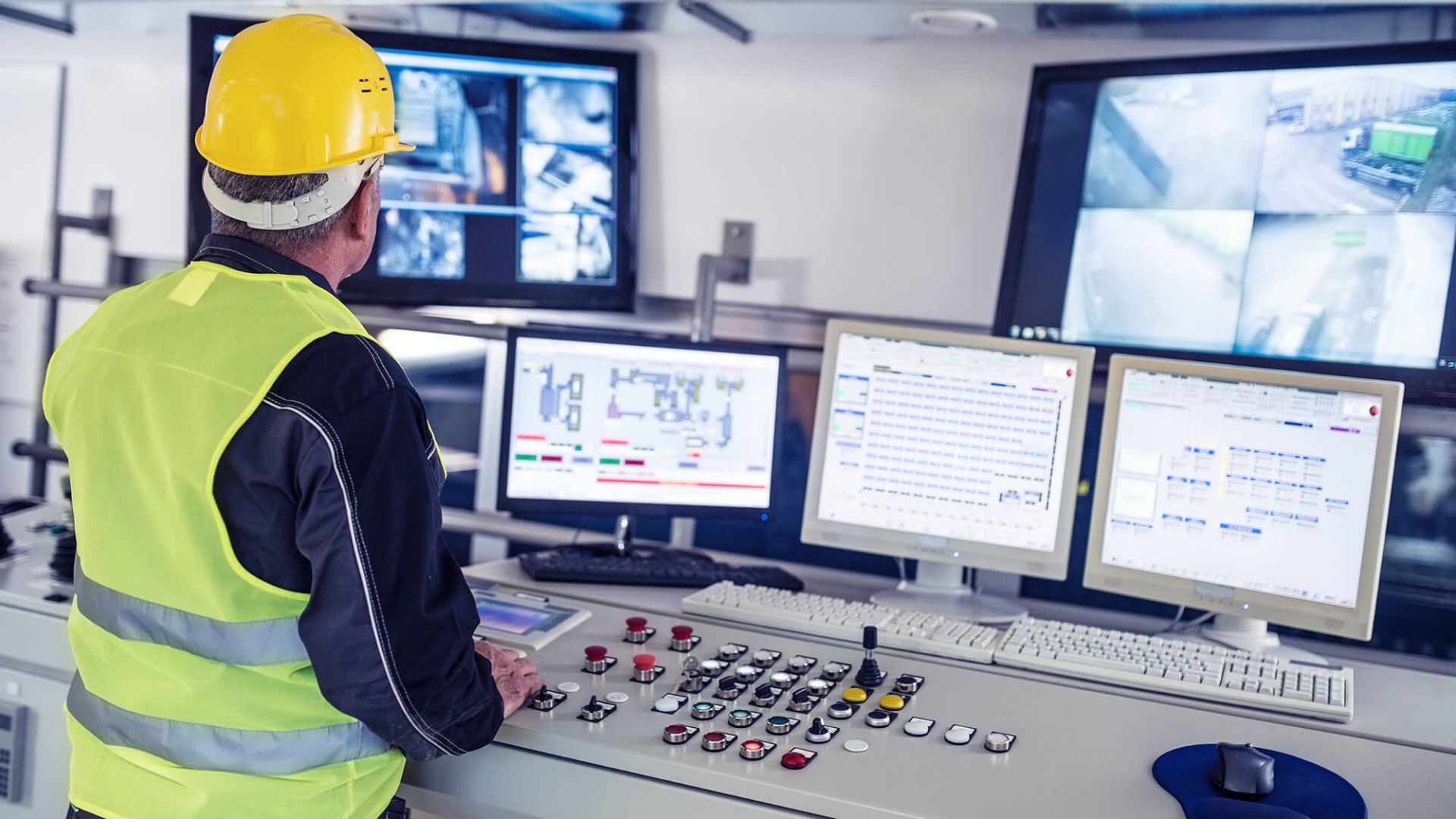Automation technologies

Automation - the path to energy efficiency of the enterprise
Automation technologies for production processes at enterprises are a key factor in achieving high levels of energy efficiency and reducing operating costs.
The implementation of integrated control technologies allows not only to accurately monitor and analyze the consumption of energy and other resources in real time, but also to automatically adjust the operating parameters of equipment for optimal energy use. Thus, enterprises can significantly reduce energy losses, minimize the impact on the environment and increase their competitiveness in the market.
With the help of automation systems, deep integration of all production areas is implemented, which ensures continuous monitoring and management of product quality, reduced time for equipment reconfiguration and a decrease in the amount of production waste.
In addition, automation technologies help improve labor safety by eliminating the human factor from potentially dangerous processes and operations.
Automation technologies: main functions and tasks
The main goal of implementing automation technology is to create smart systems capable of independently monitoring, analyzing and managing processes without direct human involvement. This is achieved through the implementation of the following key functions:
- Automation systems provide round-the-clock monitoring of production process parameters, such as temperature, pressure, humidity, flow rate and many others. This allows you to quickly respond to any deviations from the norm and prevent potential emergency situations.
- Operational control of process units: Automated systems are capable of changing equipment operating modes in real time, optimizing them to achieve maximum productivity and minimum resource consumption.
- Modern systems, within the framework of automation technology, are equipped with powerful tools for collecting and analyzing data to optimize equipment operation, which process large volumes of data on equipment operation and production processes. Using machine learning and artificial intelligence methods, systems are able to identify patterns, predict potential malfunctions and offer solutions to improve production performance.
- Ensuring process safety and reducing the human factor: Automation significantly improves the safety of production processes by eliminating or minimizing the influence of the human factor on process management. Automatic control and management systems are able to immediately respond to emergency situations, minimizing risks to the health and life of personnel, as well as preventing material damage.
Main types
In modern industry and energy, automation plays a key role in increasing efficiency and optimizing resource consumption. The main types of automation systems include the following.
Energy resource technical accounting systems
These systems are a comprehensive solution, in the context of automation technologies, for monitoring and analyzing the consumption of various types of energy resources at the enterprise. They include sensors and meters installed at key points of electricity, water, gas and steam consumption. With the help of these devices, information on resource consumption is collected in real time, which allows identifying inefficient use and losses.
In addition, technical accounting systems have the functionality for automatic reporting, which significantly simplifies the process of analyzing and planning energy-saving measures.
Process control systems (PCS)
APCS are complex multi-level systems designed for centralized control and management of all stages of the technological process at the enterprise. These systems are equipped with sensors and actuators that allow monitoring the condition of the equipment and automatically adjusting its parameters to ensure optimal operation. APCS have powerful software that includes algorithms for calculating optimal parameters of production processes, data analysis and decision-making.
Integration of these systems into the enterprise infrastructure allows achieving a high degree of automation of production, reducing energy costs and minimizing the impact of the human factor on the quality and stability of processes.
Benefits of Implementing Automation Technologies in Industrial Power Engineering
The use of automation technology in industrial enterprises, especially in the energy sector, opens up new horizons for improving the efficiency and environmental safety of production. Let's take a closer look at the key benefits:
- Reducing energy costs: Automation allows fine-tuning resource consumption processes, which contributes to a significant reduction in energy consumption. Active use of energy resource technical metering systems makes it possible to identify areas of excess consumption and inefficient energy use, which in turn helps optimize processes and minimize losses.
- Increasing equipment productivity: Automation systems ensure that optimal operating conditions for machines and equipment are maintained, which reduces the risk of their wear and tear and extends their service life. In addition, automation contributes to the uniform distribution of loads and prevents overloads, which has a positive effect on the overall efficiency of production facilities.
- Improving product quality: Accurate compliance with all necessary parameters and conditions of production processes, guaranteed by automated systems, contributes to the production of higher quality products. This is ensured by eliminating human errors and the ability to continuously monitor critical production parameters.
- Improving production safety: Automated systems are able to instantly respond to any deviations from the norm, preventing emergency situations. Systems can automatically turn off equipment upon detection of a threat, minimizing risks to the health and life of workers, as well as preventing possible environmental disasters.
Automation technologies are a tool for achieving a higher level of control and transparency of production processes, which leads to an increase in their efficiency, safety and environmental friendliness. The implementation of these automation technologies is becoming an integral part of the sustainable development strategy of any enterprise that seeks to optimize its activities and reduce its impact on the environment.
